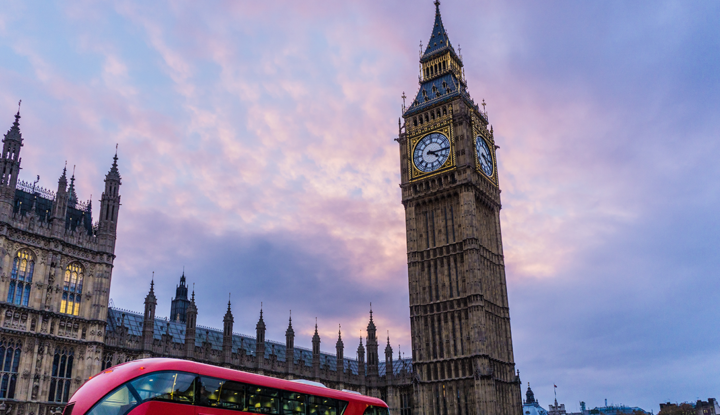Today, I’m giving oral evidence to the House of Commons Women and Equalities Select Committee as part of their crucial inquiry into community cohesion. Fostering strong, resilient, and inclusive communities has never been more important. Humanists UK has long championed a vision of society where people of all backgrounds, beliefs, and identities can live together harmoniously, based on shared values and respect for human rights.
From a humanist perspective, community cohesion isn’t just about the absence of conflict; it’s about actively building a society where everyone feels a sense of belonging, where fairness prevails, and where trust exists between individuals, communities, and institutions. It requires positive, meaningful interaction between people from different walks of life.
The barriers in our way are considerable. One of the most persistent – and one where humanists have been active campaigners for many decades – is segregation within our education system. Faith-based admissions policies in state-funded schools inevitably lead to segregation along religious, ethnic, and socio-economic lines. This limits opportunities for children from different backgrounds to learn from and about each other, breeding misunderstanding rather than mutual respect. Children in more mixed school environments develop greater trust and more positive views of those different from themselves. That’s why Humanists UK campaigns for an inclusive education system, ending discriminatory faith-based selection in schools and replacing mandatory collective worship with inclusive assemblies that reflect the diversity of modern Britain. We also advocate for reforming Religious Education to an objective study of ‘Religions and Worldviews’, including humanism.
Even more concerning is the continued operation of illegal, unregistered schools, often religious in nature. These settings can deprive children of a broad and balanced curriculum, including basic literacy in English, expose them to unsafe environments, and sometimes even illegal practices like corporal punishment. Parliament needs to close the loopholes that allow such establishments to operate, as it is at last doing in part through the Children’s Wellbeing and Schools Bill, on which we’ve been pleased to work with government. It’s vital for child protection and ensuring every child receives their right to education.
More than anything else, community cohesion requires that everyone’s freedom of belief and expression is protected – including the right to change one’s beliefs. In our support services at Humanists UK, we see alarming hostility directed towards ‘apostates’ – those who leave high-control religions. They often face shunning, threats, and abuse, losing their families and communities simply for exercising their freedom of conscience. Through our Faith to Faithless programme, we support these individuals and call for greater societal and state recognition of the challenges they face.
These are just some of the points I hope to raise with the Committee today! The humanist voice is distinctive – and necessary – in all these arenas. We advocate for secularism not as an anti-religious stance, but as the fairest way to ensure equality for everyone, regardless of belief. We champion shared civic values and human rights as the common ground upon which a cohesive, diverse society can be built. We stress the importance of critical thinking and open dialogue to combat the misinformation and polarisation that can poison community relations.
In this age, marked by increasing political polarisation, the weaponisation of identities, declining trust in shared institutions, and looming authoritarianism, we cannot be complacent. Events like Brexit, the pandemic, international conflicts, and the recent riots have all placed strains on relations between the citizens of our country. We need the Government to take community cohesion seriously, moving beyond rhetoric to implement meaningful policies that dismantle barriers and build bridges. That means tackling segregation in schools, protecting vulnerable children and apostates, investing in shared community infrastructure, and championing the inclusive, rights-based approach essential for a thriving, cohesive society for all.
